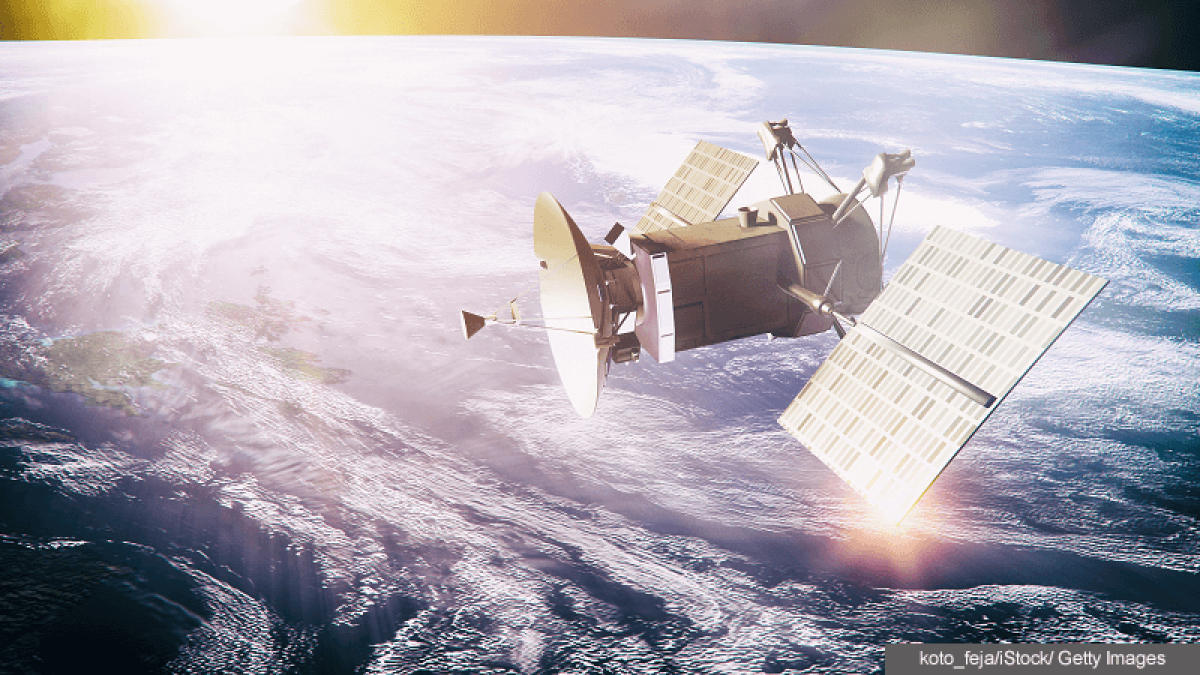Apply to the UK Space Agency for NavISP funding

Funding for space-enabled and space-supported navigation products, services and applications
Since 2017, the UK has invested €50 million into Navigation Innovation Support Programme (NavISP) - the European Space Agency research and development programme for space position, navigation and timing products and services.
The UK investment in the programme is available to support UK organisations to undertake technology research and development focused on commercial innovation in this area.
NavISP has three funding opportunities or 'elements', which are open until further notice.
Element 1 - Innovation in Satellite Navigation
This element is initiated by European Space Agency-initiated and offers 100 per cent funding for developing early technologies and innovations. Invitations to tender are listed on the ESA website. As part of the tendering process, companies need to apply to the UK Space Agency for approval before they submit their application to ESA.
Element 2 - Competitiveness in Positioning, Navigation and Timing (PNT)
This element is applicant-led and offers matched funding for developing space-enabled PNT technology solutions and innovations. The level of funding offered varies by the type of organisation. It is an open call - submissions can be made at any time. Further details are available in ESA's guidance. As part of the tendering process, applicants need to apply to the UK Space Agency for approval.
Element 3 - Support to Member State Activities
This element is focused on projects which address national PNT needs. It offers 100 per cent funding. Projects must support the UK space sector and have a sponsor within a government department, a national agency or an institution which will make use of the outcomes of the project once it successfully concludes. If you have an idea for an Element 3 project, you can contact the UK Space Agency to discuss: navisp@ukspaceagency.gov.uk.
Find out more about NavISP objectives and funding opportunities.
First published 7 June 2022